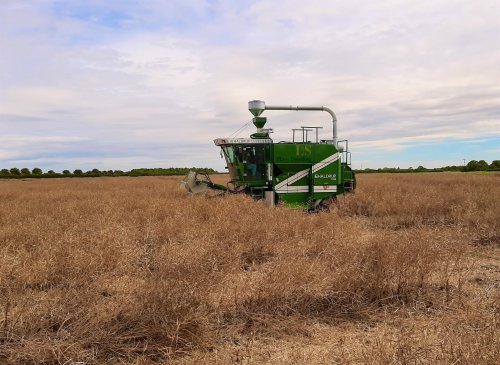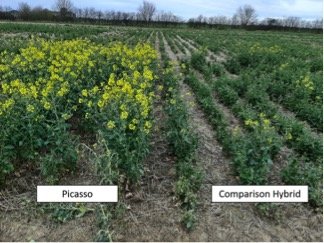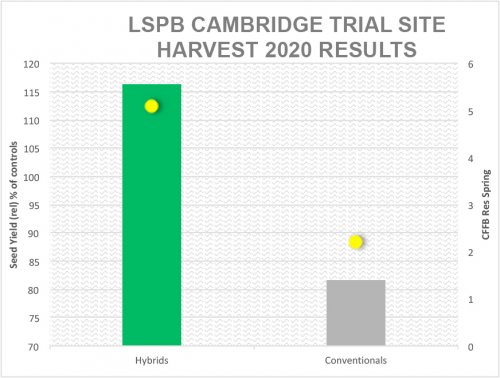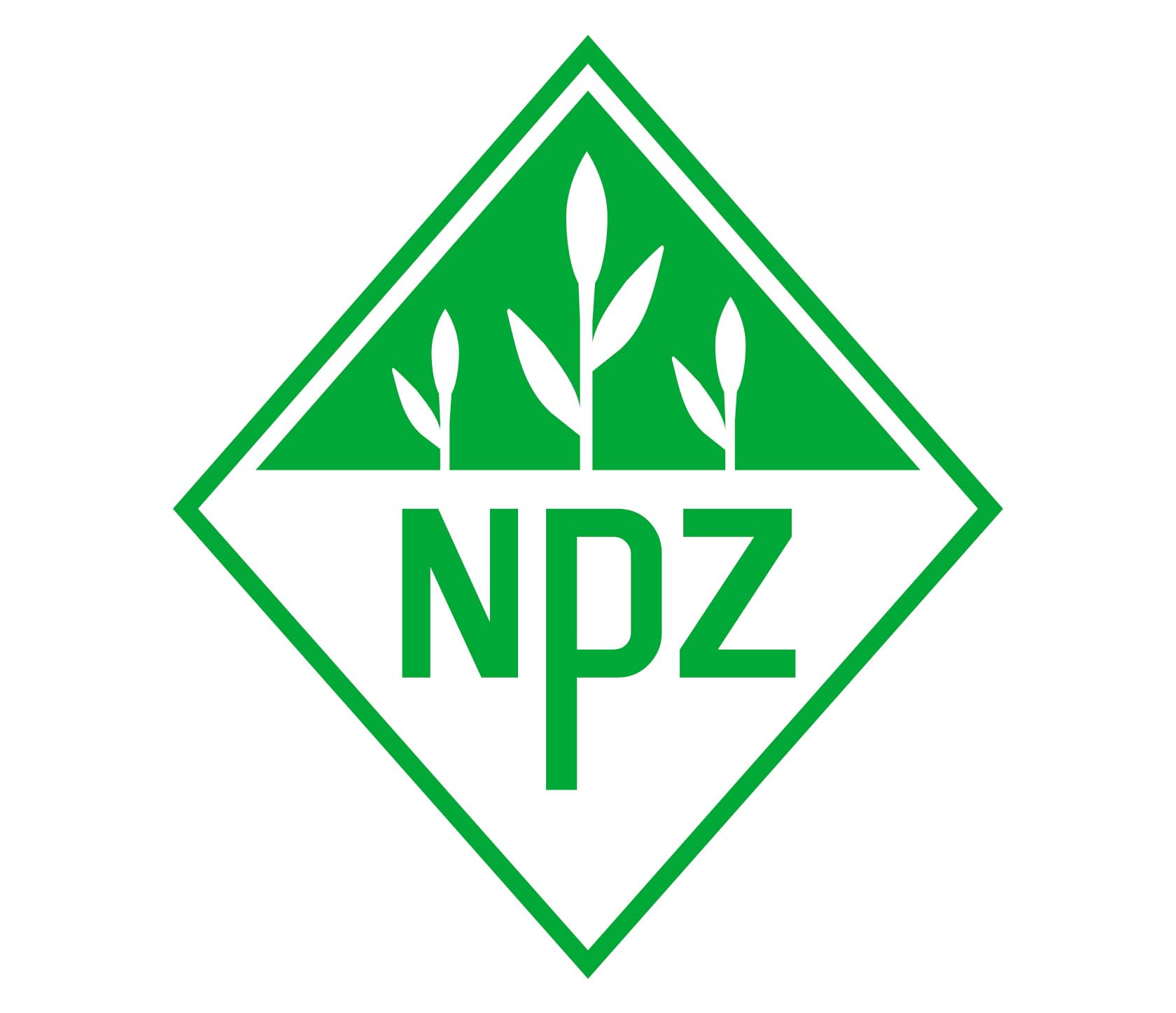The significant benefit of hybrid breeding in comparison to conventional varieties in a high flea beetle pressure environment is highlighted in the first oilseed rape trials results for 2020 from the LS Plant Breeding (LSPB) site just north of Cambridge.
“The yield advantage and crop health of hybrids more than outweigh the additional seed cost,” comments Chris Guest, Managing Director of LSPB. “These trials sought to seek out best performance and contained 24 varieties, including ‘early generation’ material from LSPB, along with ‘near market’ material and comparison varieties both as controls and as standards.
“Having seen the trial regularly during the growing season over the past six months, the results are as would be expected with a noticeable difference in the ability of the hybrid varieties in particular to grow away from the CSFB larval damage in the spring – and that difference has carried forward into yield results with the yield variation across the varieties almost 2.5mt/ha.”
A key objective of the trials is to identify varieties to fast track where we can see that they offer significant advances over current ones. Picasso has shown a strong performance in France and has repeated this at LSPB’s Impington site, yielding on par with the top hybrids on the current RL.
The variety features TuYV resistance, along with Rlm7 gene resistance to Phoma/Stem Canker, and has a strong growth habit making it a worthy consideration for sowing this autumn. With just under 1.5mt/ha yield advantage over the average of the conventional varieties, Picasso promises to deliver a significant gross margin benefit and return on investment over the hybrid seed cost.
Because Picasso is listed in France, and is therefore on the EU Common Catalogue, we are able to market the variety in the UK this year. It is currently in NL2 official UK trials,
The trials were also designed to show up varieties that perform well under high flea beetle pressure and Picasso performs even when compared to other, less promising, hybrids. But in most instances, it is conventional varieties that suffer the most under CSFB pressure.
“This autumn, with OSR under pressure as a crop, I would urge growers to look closely at varietal selection, and maximise their crop’s chance of survival rather than looking at a least cost option which invariably is much more likely to lead to crop failure or a disappointing crop for harvest 2021,” adds Chris.




